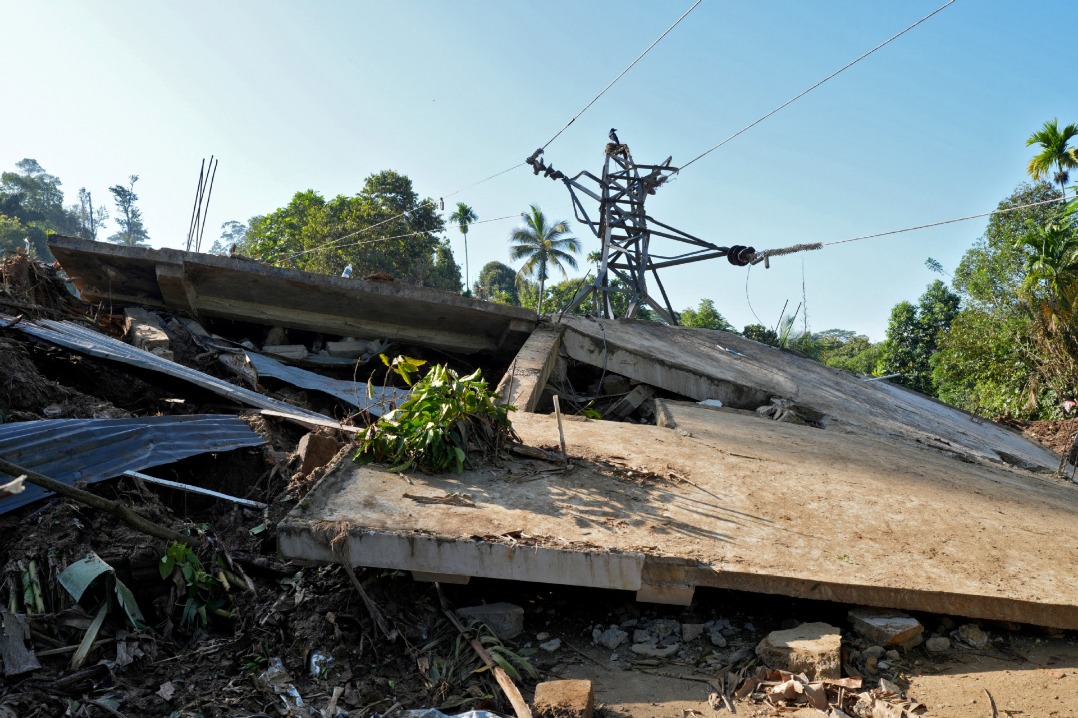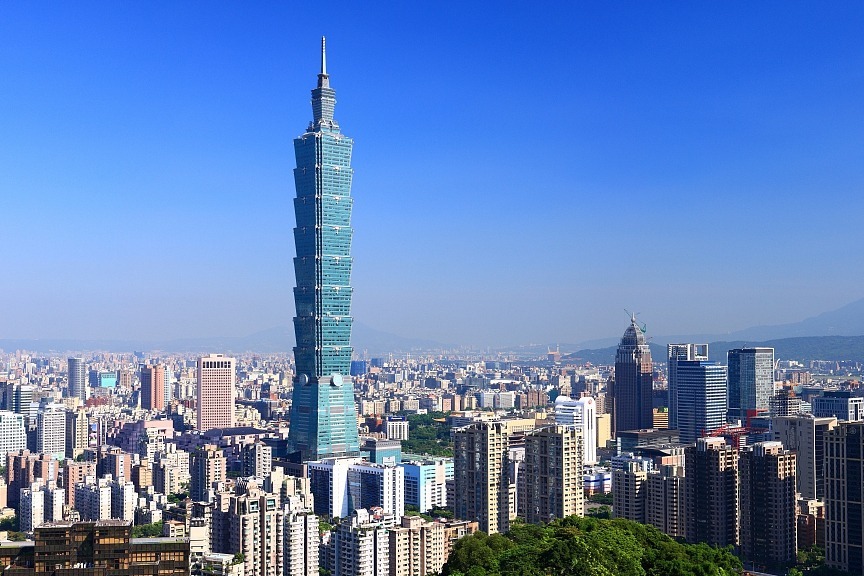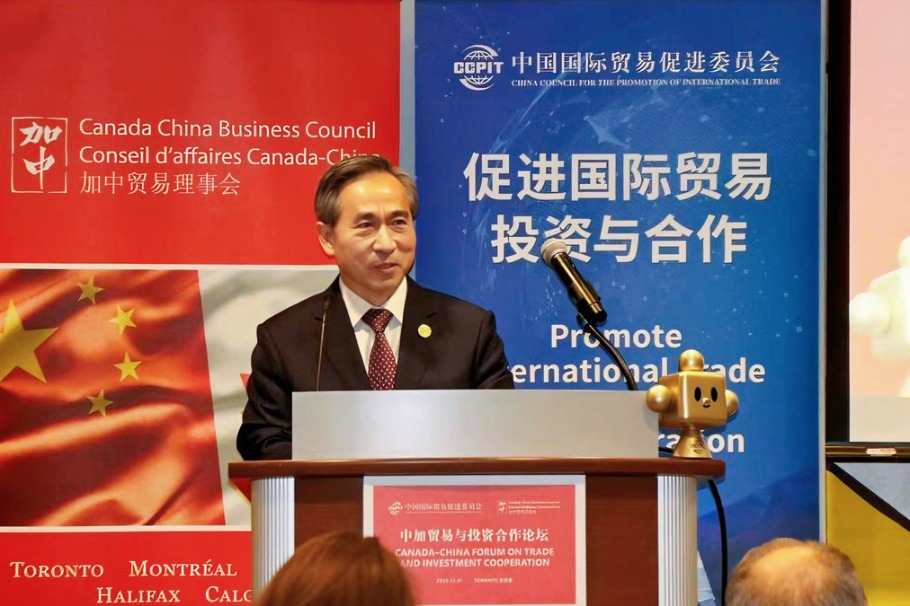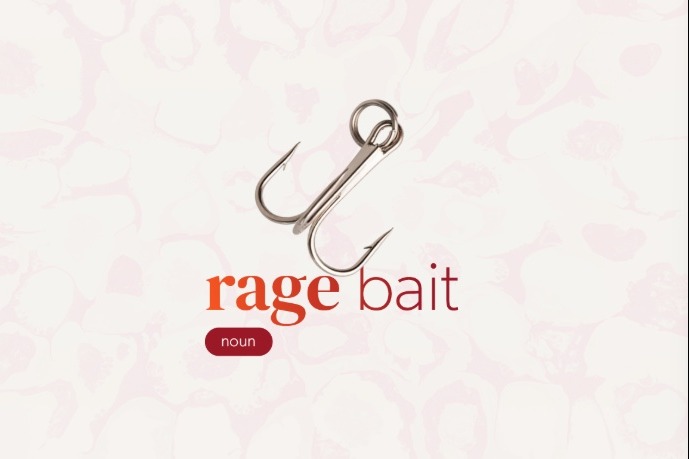Chinese firms expected to look at new markets
US levies will push businesses to focus on Australia, other regions, say analysts

Chinese enterprises are expected to leverage their strengths and diversify their markets and outward investments further, amid challenges from the worldwide tariffs imposed by the United States, according to Australian analysts.
"China has already redirected its outbound investment away from the United States into other regions, primarily Southeast Asia and to a lesser but growing degree the Middle East and North Africa and Latin America," said Hans Hendrischke, a professor of Chinese business and management at the University of Sydney Business School.
"This trend will increase as Chinese companies are looking for further markets," Hendrischke told China Daily.
"As this trend is market-driven, investments might also flow into …markets such as Australia if there is a predictable investment environment. The same is true, at a smaller scale, for Oceania," said the professor, who leads the business school's China research network and chairs the university's China Studies Centre business and economics cluster.
Hendrischke said the tariffs imposed by the Donald Trump administration, which includes a baseline 10 percent levy that impacts Australian exports to the US, will have a "differentiated impact" on regional economies.
"Regional trade will intensify (as) consumer goods originally destined for the US market will seek alternative markets. Trade in intermediate goods for supply chains targeting US markets will be negatively affected, but this effect will be partially compensated for by expanding regional supply chains targeting Asian markets," he said.
A recent industry report covering Chinese investment in Australia noted how investors were turning to opportunities in emerging markets like Southeast Asia.
"In 2024, Chinese investment in Australia increased by 41 percent, from $613 million in 2023 to $862 million … Despite the increase, 2024 had the third-lowest investment value and number of transactions since 2006, only higher than 2021 and 2023," said the March report, which used data compiled jointly by global professional services network KPMG and the University of Sydney Business School.
The report, which counted Hendrischke as one of its main authors, said Chinese companies are "increasingly entering global markets through greenfield investments in sectors such as automotives, industrial machinery, renewable battery storage, and consumer brands".
Deeper integration
"Chinese multinational companies are diversifying supply chains and deepening integration into host economies that offer strategic advantages — such as advanced manufacturing and innovation in Europe or access to regional markets in Southeast Asia," it said.
Speaking at a smart energy industry event in Sydney on Wednesday, Hendrischke highlighted the priorities placed by Chinese investors on a "proactive and positive investment environment".
Businesses and manufacturers on both sides involved in the green sector alone reflect China's pole position in investment and industry expertise.
Australian entrepreneur Steven Ducat, CEO and founder of electrical equipment manufacturer SPD Energy, told participants at the industry event about China's strengths in energy transition, including comprehensive supply chain capabilities, manufacturing scale and speed, and the leading role in key renewable technologies.
"The advantage of me being on the ground in China for 25 years …I've had access to the resources. So, as they began the energy transition, the commitment was not only about the education but also continuing onto the research and development," Ducat, who is from Melbourne, told China Daily.
His company's Chinese unit is based in Foshan, Guangdong province, and employs more than 600 people.
"It's time for countries, instead of looking at China as competition, to actually look at China as a partner," Ducat said.
Power equipment manufacturer Sieyuan Electric is one of the companies on the Chinese side helping to fuel Australia's clean energy transformation.
Zhu Xianrui, chief Australia and New Zealand representative of the Shanghai-headquartered company, told China Daily that most of the grids currently used in Australia were built 30 to 40 years ago, with limited capacity.
"This can no longer meet current demand, so the need to expand and upgrade is urgent," Zhu said. "Chinese products are gaining recognition from more and more Australian energy companies, with their stable prices and excellent quality."
Contact the writers at xinxin@chinadaily.com.cn
































